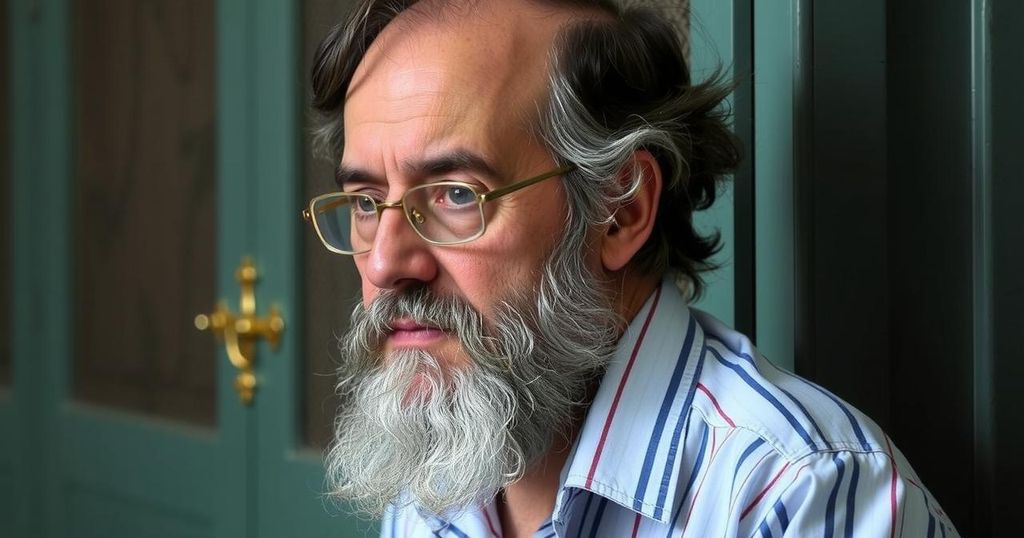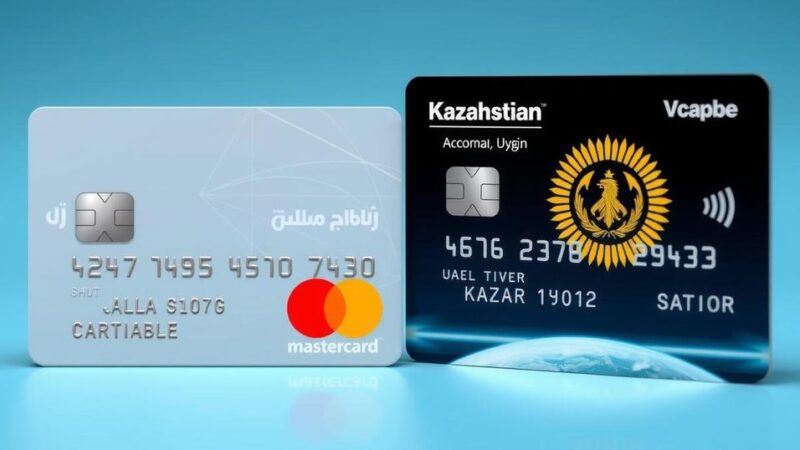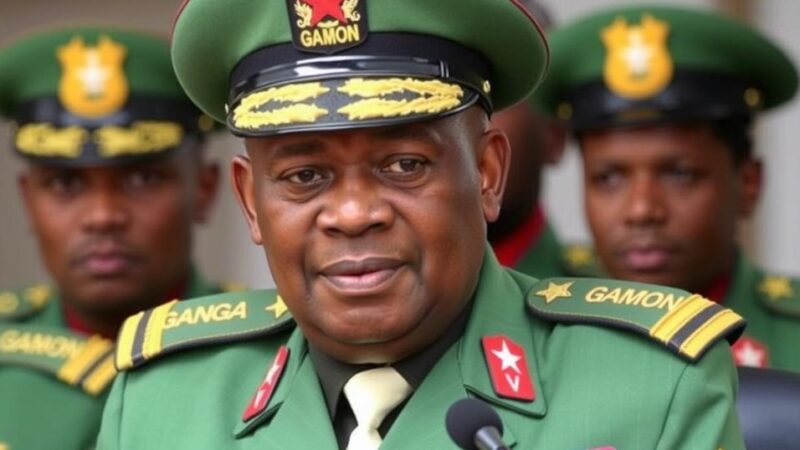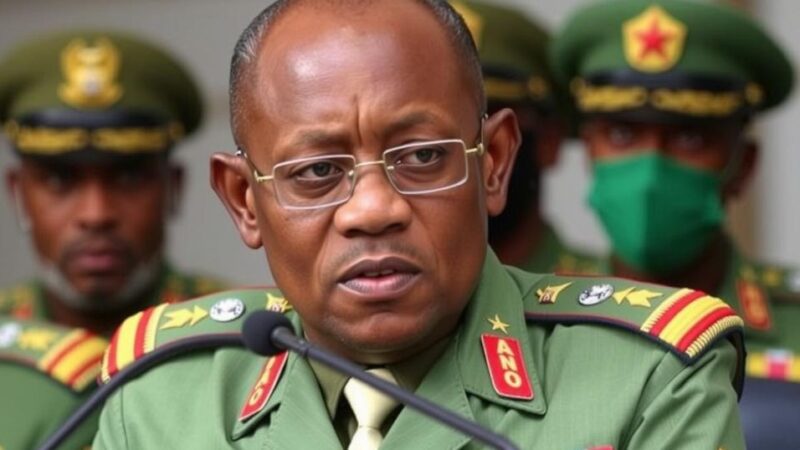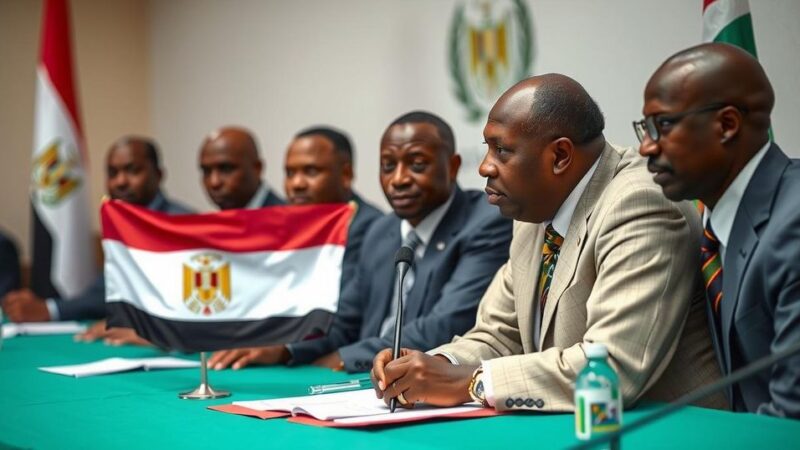Lebanon has been accused of unlawfully deporting poet Abdulrahman Youssef al-Qardawi to the UAE, with Human Rights Watch warning of potential torture and unfair trial risks. The deportation, occurring amid regional political pressures, raises significant human rights concerns and questions about Lebanon’s commitment to protecting dissent.
The Lebanese government has faced accusations of unlawful action following the deportation of Abdulrahman Youssef al-Qardawi, an Egyptian-Turkish poet, to the United Arab Emirates (UAE). Human Rights Watch (HRW) criticized this move, asserting it was designed to silence dissent and indicated potential dire consequences for al-Qardawi, including the risk of torture and unfair trial upon his arrival in the UAE.
HRW articulated concern about the legality of Lebanon’s deportation, suggesting that it contravenes both international and domestic law. The poet was initially arrested on December 28, 2024, at Lebanon’s Masnaa border crossing after returning from Syria, due to a provisional arrest request from Egypt. Following a subsequent extradition request from the UAE, alleging that al-Qardawi had spread false information through social media, his deportation proceeded in the absence of legal due process.
Legal representatives, including lawyer Mohammed Sablouh, urged authorities to reconsider the deportation, citing significant risks of human rights violations awaiting al-Qardawi in both Egypt and the UAE. Nevertheless, Lebanon’s government advanced with the extradition, downplaying the potential dangers.
Amnesty International echoed HRW’s concerns, warning that the extradition poses an actual threat to al-Qardawi’s safety. While the Lebanese administration pointed to the UAE’s commitment to fair treatment of the poet, human rights organizations have refuted this, highlighting the UAE’s documented abuses, including arbitrary detention and torture. Significantly, al-Qardawi is not a UAE citizen and was not present in the nation when the alleged offenses occurred, further indicating a broader trend of transnational repression against dissenters.
This situation arises amid complex regional political dynamics and pressures from the Gulf states, reflecting Lebanon’s increasing alignment with such interests during times of economic instability and political turmoil. The deportation raises essential questions about Lebanon’s compliance with international human rights frameworks and its dedication to safeguarding individuals from political persecution.
The conjunction of this incident must be understood within the larger context of regional repression against dissenters. The deportation of Abdulrahman Youssef al-Qardawi is emblematic of Lebanon’s maneuvering through its multifaceted crises, where aligning with the interests of more powerful Gulf States can potentially yield economic and political benefits. This reflects a troubling trend wherein governments prioritize political affiliations over human rights protections, raising alarm about the erosion of fundamental freedoms across the region.
The deportation of Abdulrahman Youssef al-Qardawi by Lebanon to the UAE highlights serious violations of international legal standards and the growing trend of political repression in the region. It raises questions about Lebanon’s commitment to human rights amid external pressures. As international scrutiny of this case escalates, it is imperative that Lebanon is held accountable for actions threatening individual freedoms and the rule of law, prioritizing the protection of dissenting voices in the face of authoritarian tendencies.
Original Source: www.jurist.org

